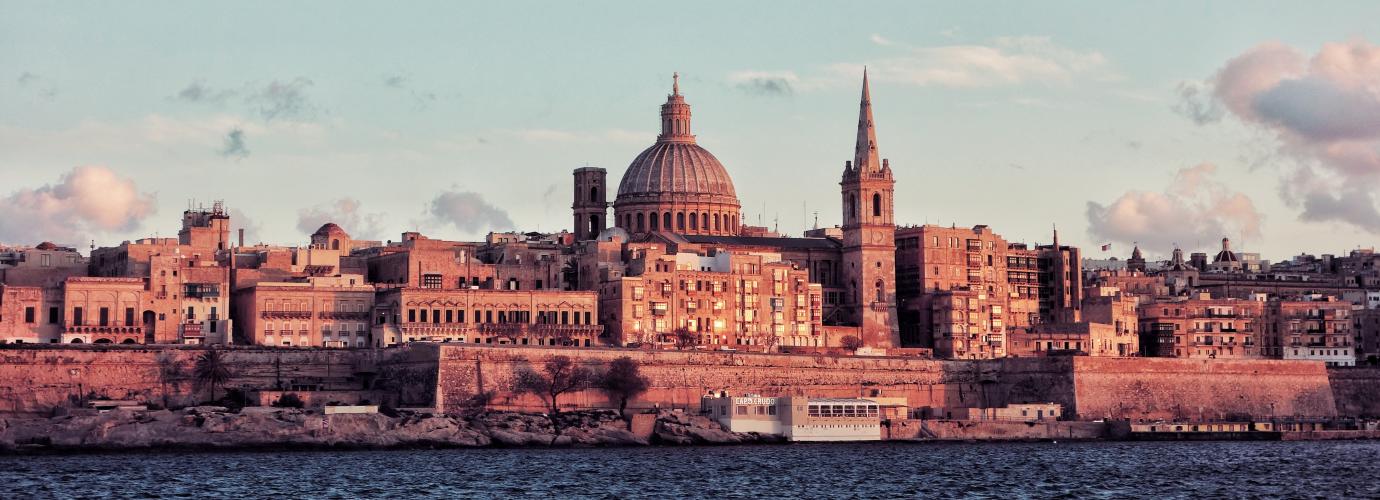Types of institutions
In Malta, there are two state funded educational institutions that provide vocational education at upper secondary level:
The Institute of Tourism Studies (ITS), was established in 1987. It specialises in courses leading to qualifications for the tourism and hospitality industry. ITS has a campus in Malta located close to the Malta International Airport and a sister campus in Qala, Gozo. Currently, ITS offers programmes of study ranging from the Foundation Programme (MQF Level 2) to Master’s Degree Programmes (MQF Level 7).
The Malta College of Arts, Science and Technology (MCAST), was established in 2001. It provides a range of vocational qualifications ranging from Level 1 to Level 8 of the Malta Qualifications Framework. MCAST has six institutes in Malta (the Institute of Applied Sciences, the Institute for the Creative Arts, the Institute of Engineering and Transport, the Institute of Business Management and Commerce, the Institute of Community Services, and the Institute of Information and Communication Technology) and the Gozo Campus.
Geographical Accessibility
Due to the Maltese archipelago’s small size, all institutions are easily accessible. ITS offers its courses from the campus in Ħal Luqa, close to the Malta International Airport and a campus in Gozo. MCAST offers most courses from its main campus in Paola but also operates two additional campuses: one in Mosta and one in Qormi. Both institutions are easily accessible through public transport. Gozitan students who follow courses in Malta commute between the two islands by the ferry.
Admission requirement and choice of school
Admission to post-secondary vocational institutions is subject to specific entry requirements, depending on the subject and level of the programme. Generally, vocational, and general secondary school qualifications are accepted for entry in vocational programmes. Day courses at post-secondary level are given mostly on a full-time basis. However, some school-based vocational courses are followed on a part-time or evening basis.
Age levels and grouping of students
Students who attend vocational education at MCAST or ITS must have completed compulsory education and, therefore, must turn 16 years or older by the end of the academic year of entry. Students are not streamed by ability. Students are grouped according to their chosen programme of studies. All subjects are taught by specialized lecturers.
Organisation of the school year
At MCAST, the academic year runs from September till the first week of July. The academic year is sub-divided into two semesters with the first semester covering September to January, the second semester running from February to June/ July. There is a Christmas recess, an Easter recess and a summer recess between July and August.
At ITS, the academic year runs from first week of October till the last week of September. The academic year is sub-divided into three semesters with the first semester covering September to January, the second semester running from February to June/ July and the third semester from July to September. This last semester is usually reserved for trade placements. There is a Christmas recess, and an Easter recess.
Organisation of the school day and week
Vocational institutions are autonomous in setting their timetable. Full-time courses at MCAST are structured around a timetable that that runs between 08:00 and 16:30. Part-time courses are normally held between 17:00 and 21:00 during winter hours and 9:00 and 16:00 during summer hours. Courses include lectures ranging from two hour to four-hour sessions. Lectures at ITS run from 08:00 to 20:30 while each lecture usually lasts for 60 minutes or multiples thereof.

